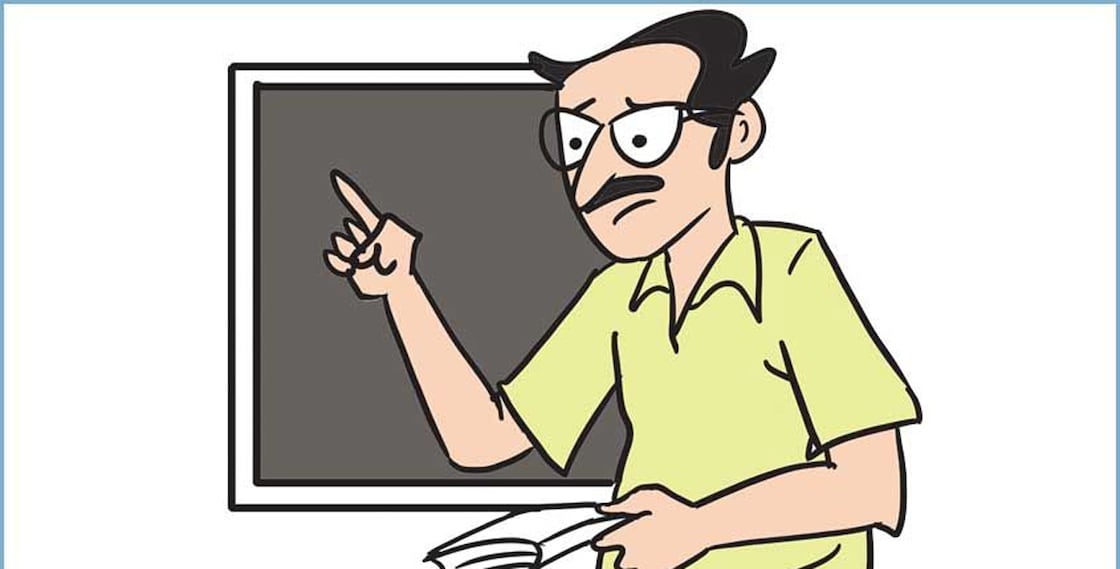Kerala school teachers collectively fail eligibility test; only 8.6% qualify

Mail This Article
School teachers have collectively failed a special examination of the Kerala Teacher Eligibility Test (K-TET), which was conducted for those currently in service and have been unable to acquire the mandatory qualification until now.
Out of the 2,800 individuals who took the exam, only 8.6% passed the test The qualification test became obligatory in 2012 under the Centre's Right to Education Act.
Teacher appointments in Kerala continued until 2019 with an exemption from implementing the Act. Subsequently, it became mandatory that only those who passed the test could be appointed as teachers. Individuals appointed without meeting the qualification are required to pass the exam, failure of which will impact employment benefits, including promotions and increments. The most recent K-TET exam, conducted last month, was exclusively for those who had not obtained the qualification until then.
While the normal fee for the examination is Rs 500, it was raised to Rs 1,000 for the special examination. Teachers’ organisations affiliated with both the ruling party and the Opposition have urged the government to consider from a humanitarian perspective the tough nature of the examination and the inclusion of questions from outside the syllabus. Representatives of these organisations voiced these concerns during the meetings of the Quality Improvement Programme (QIP).
Contrary to these claims, authorities at Pariksha Bhavan stated that only questions from the syllabus were included in the test.
Abdul Majeed, the State president of the Kerala Pradesh School Teachers’ Association (KPSTA), alleged that the Education department, under the guise of aiding in-service teachers, had deceived them by charging double the regular examination fee and setting a tough question paper that included questions from outside the syllabus.
Usually, the pass percentage in K-TET is 20-25%.

